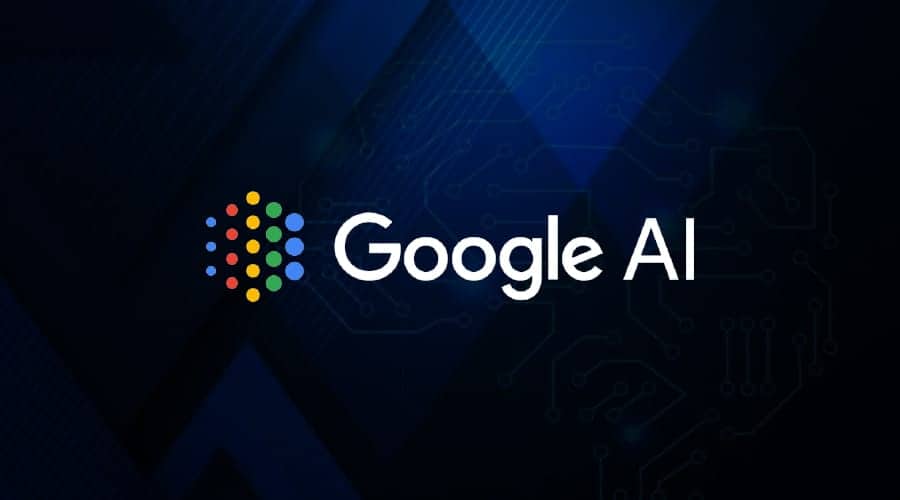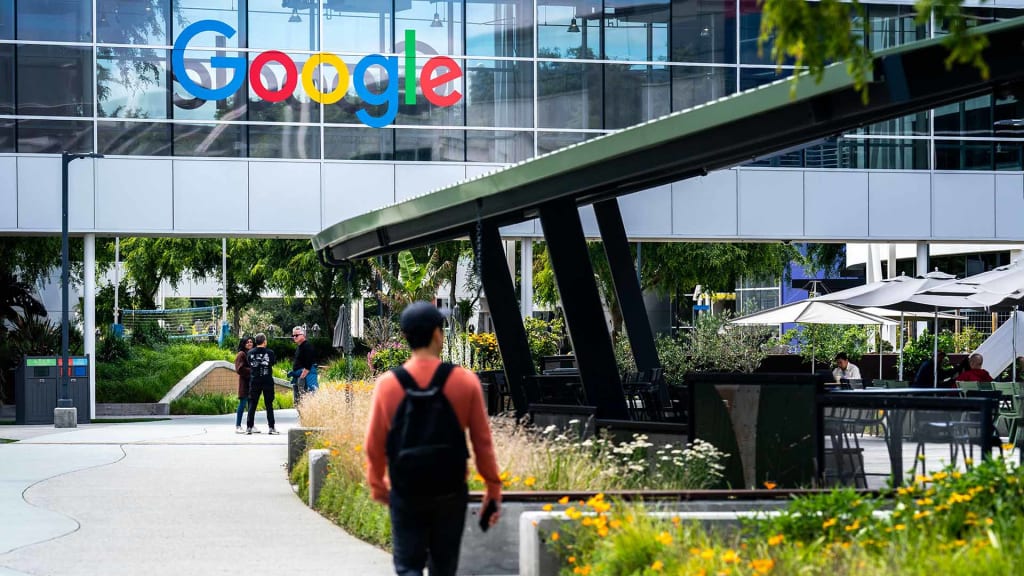Alleged Patent Infringement: Google Faces $1.67 Billion Lawsuit Over AI Processors

In Boston, Alphabet’s Google encountered a federal jury on Tuesday, challenging a computer scientist’s demand for $1.67 billion in compensation. The scientist, Joseph Bates, claims that Google infringed on his company Singular Computing’s patents related to processors powering artificial intelligence (AI) technology in Google products.
According to Singular’s lawyer, Kerry Timbers, Bates shared his innovative computer-processing ideas with Google between 2010 and 2014. However, Google allegedly copied his patented technology without his knowledge instead of licensing it. These innovations were incorporated into Google’s Tensor Processing Units, essential for AI features in services like Google Search, Gmail, and Translate.
Internal Emails and Respect for Innovation: Uncovering Google Actions

Internal emails presented in court revealed Google’s chief scientist, Jeff Dean, acknowledging the compatibility of Bates’ ideas with Google’s development. Timbers argued that the case revolves around the fundamental principles of respect and giving credit where it is due.
On the other hand, Google’s lawyer, Robert Van Nest, countered that the employees designing the chips had never met Bates and independently developed them. He portrayed Bates as a “disappointed inventor” with technology relying on approximate math, capable of producing “incorrect” calculations. Van Nest emphasized the fundamental differences between Google’s chips and what is described in Singular’s patents.
Before the trial, Singular had initially sought up to $7 billion in damages for patent infringement. During the trial, Timbers proposed $1.67 billion in compensation. Google introduced its processing units in 2016, powering AI applications in speech recognition, content generation, and ad recommendation. Singular contends that the 2017 and 2018 versions of Google’s units violate its patent rights.
In a separate case, a U.S. appeals court in Washington heard arguments on Tuesday about whether to invalidate Singular’s patents, following an appeal from Google to the U.S. Patent and Trademark Office.
Read More AI – Tech Foom








